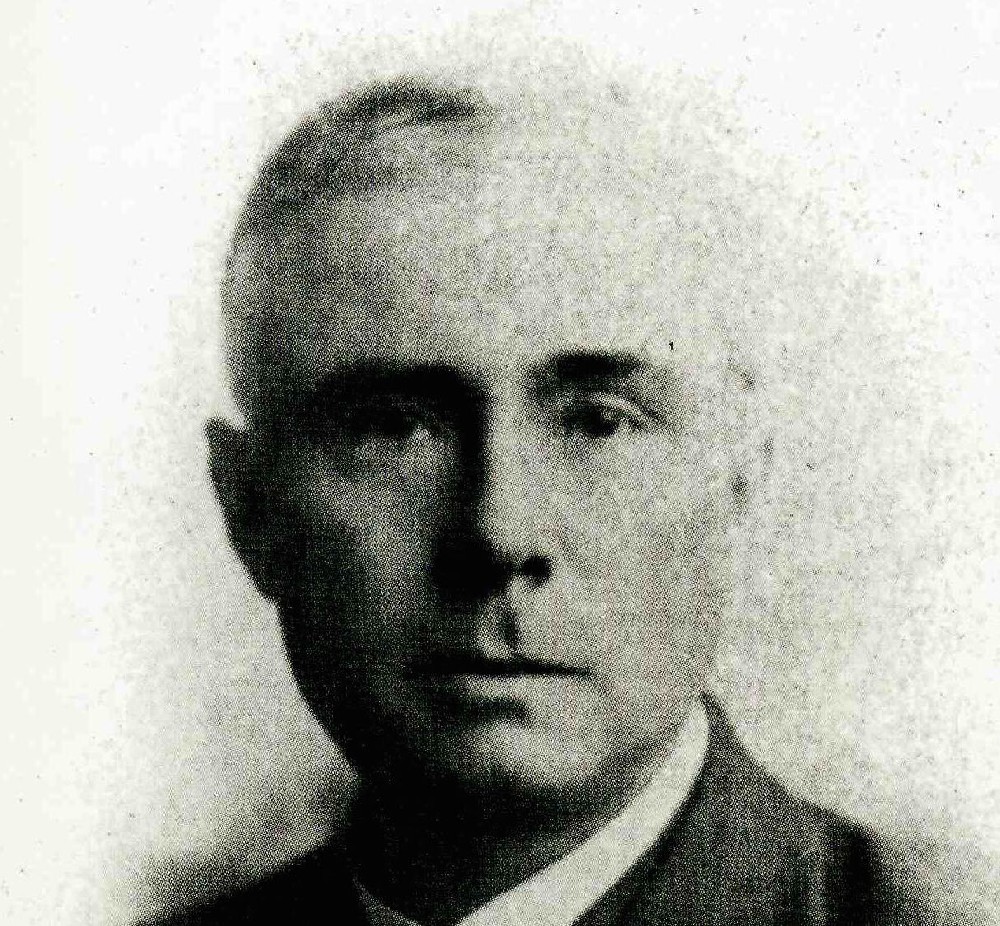Sinologist: Sir Edmund Trelawny Backhouse, 2nd Baronet

(20 October 1873 – 8 January 1944) was a British oriental scholar, Sinologist, and linguist whose books exerted a powerful influence on the Western view of the last decades of the Qing dynasty (1644–1912). Since his death, however, it has been established that the major source of his China Under the Empress Dowager is a forgery, most likely by Backhouse himself.
In 1899, he arrived in Peking where he soon began collaborating with the influential Times correspondent George Ernest Morrison, translating works from Chinese to English, as Morrison could not read or speak Chinese. Backhouse fed Morrison what he said was insider information about the Manchu court, but there is no evidence of him having any significant ties with anyone of prominence. At this time, he had already learned several languages, including Russian, Japanese and Chinese. He spent most of the rest of his life in Peking, in the employment of various companies and individuals, who made use of his language skills and alleged connections to the Chinese imperial court for the negotiation of business deals. None of these deals was ever successful.
In 1910, he published a history, China Under the Empress Dowager and in 1914, Annals and Memoirs of the Court of Peking, both with British journalist J.O.P. Bland. With these books he established his reputation as an oriental scholar. In 1913, Backhouse began to donate a great many Chinese manuscripts to the Bodleian Library, hoping to receive a professorship in return. This endeavour was ultimately unsuccessful. He delivered a total of eight tons of manuscripts to the Bodleian between 1913 and 1923. The provenance of several of the manuscripts was later cast into serious doubt. Nevertheless, he donated over 17,000 items, some of which "were a real treasure", including half a dozen volumes of the rare Yongle Encyclopedia of the early 15th century. The Library describes the gift: The acquisition of the Backhouse collection, one of the finest and most generous gifts in the Library's history, between 1913 and 1922, greatly enriched the Bodleian's Chinese collections.
He also worked as a secret agent for the British legation during the First World War, managing an arms deal between Chinese sources and the UK. In 1916 he presented himself as a representative of the Imperial Court and negotiated two fraudulent deals with the American Bank Note Company and John Brown & Company, a British shipbuilder. Neither company received any confirmation from the court. When they tried to contact Backhouse, he had left the country. After he returned to Peking in 1922 he refused to speak about the deals.
Backhouse's life was led in alternate periods of total reclusion and alienation from his Western origins, and work for Western companies and governments. In 1939, the Austrian Embassy offered him refuge, and he made the acquaintance of the Swiss consul, Richard Hoeppli, whom he impressed with tales of his sexual adventures and homosexual life in old Beijing. Hoeppli persuaded him to write his memoirs, which were consulted by Trevor-Roper. Décadence Mandchoue was not published until 2011 by Earnshaw Books., while the memoir dealing with his early life in Europe The Dead Past was finally published in 2017 by Alchemie Books.
Peking, during that period of World War II, was occupied by Imperial Japan, with whom Britain was at war from 1941. By then Backhouse's political views were fascist and he became a Japanese collaborator who wished fervently for an Axis victory that would destroy Great Britain. Backhouse died in the Hospital St Michel in Peking in 1944 aged 70, unmarried, and was succeeded in the baronetcy by his nephew John Edmund Backhouse, son of Roger Backhouse. He had converted to Roman Catholicism in 1942 and was buried at Chala Catholic Cemetery near Pingzemen. Apparently regardless of his loyalties he was commemorated by the Commonwealth War Graves Commission among its list of British civilian war dead in China.